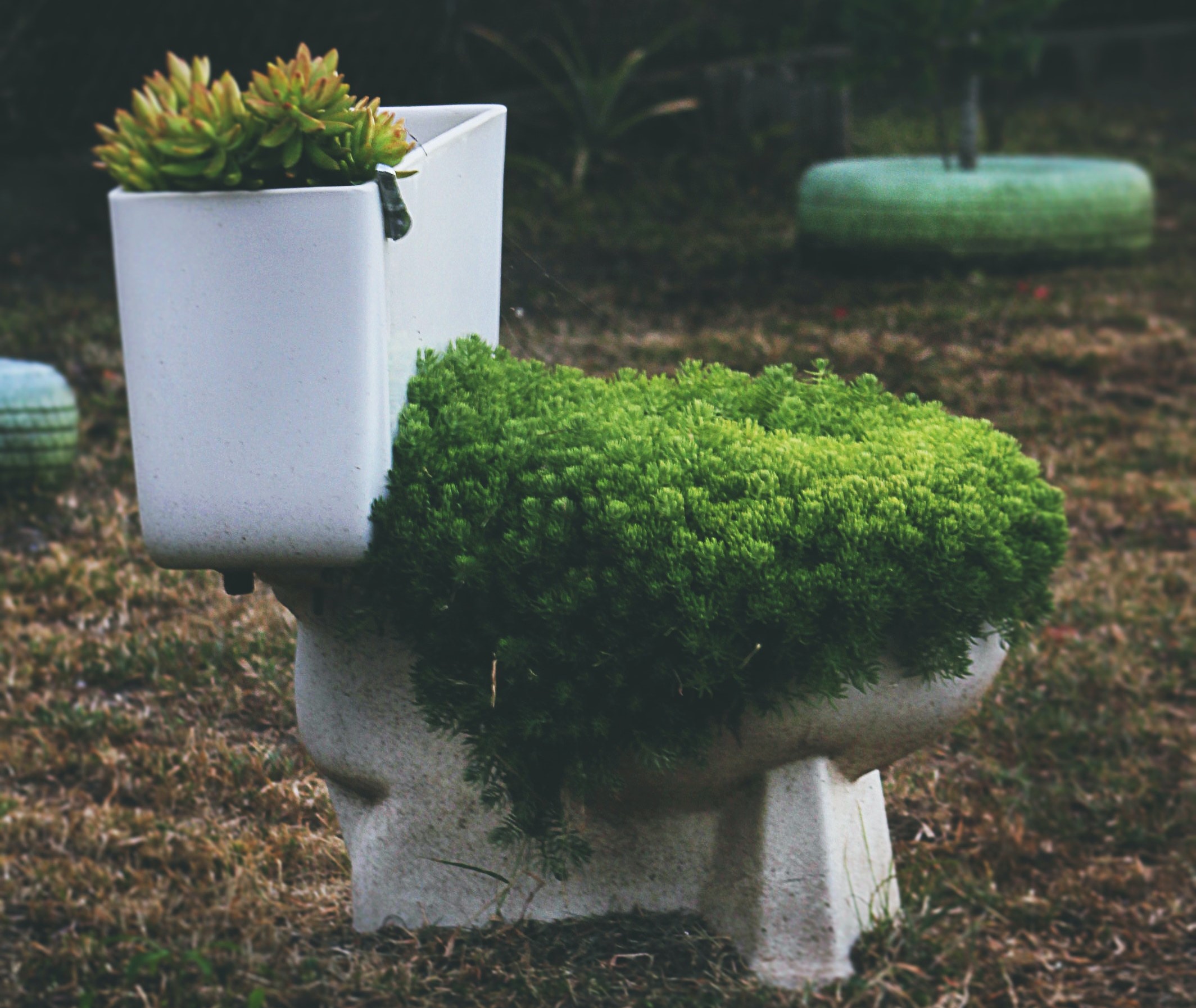To respect planetary boundaries and ensure global food security, society must become more circular and recycle all waste. Biogeochemical flows of nitrogen and phosphorus are among the most transgressed planetary boundaries. Fertilizer runoff and sewage containing nitrogen and phosphorus are dumped into rivers and coastal waters, killing aquatic life through eutrophication. To combat this, human urine, which is rich in the fertilizing nutrients nitrogen and phosphorus, should be diverted and recovered from wastewater and used as fertilizer. This could replace 19% of nitrogen and 22% of phosphorus demand at maximum estimates.
Urine diversion is safe and there are many techniques to accomplish recovery. It reduces energy use, water, and greenhouse gas emissions compared to traditional wastewater treatment plants and extends the life of plants by reducing load. Though urine is subject to cultural taboos, people are accepting of the idea globally. It is as or more effective than synthetic fertilizers.
To accomplish this, C40 Zero-Waste signatory cities must adopt a circularity mindset for wastewater and build the infrastructure to transport and process urine. Then, cities must use the proven tools of efficiency standards, building codes, and tax incentives to drive widespread adoption of urine diverting toilets and collection infrastructure. These policies will help cities become more self-sufficient and work towards global food security.
